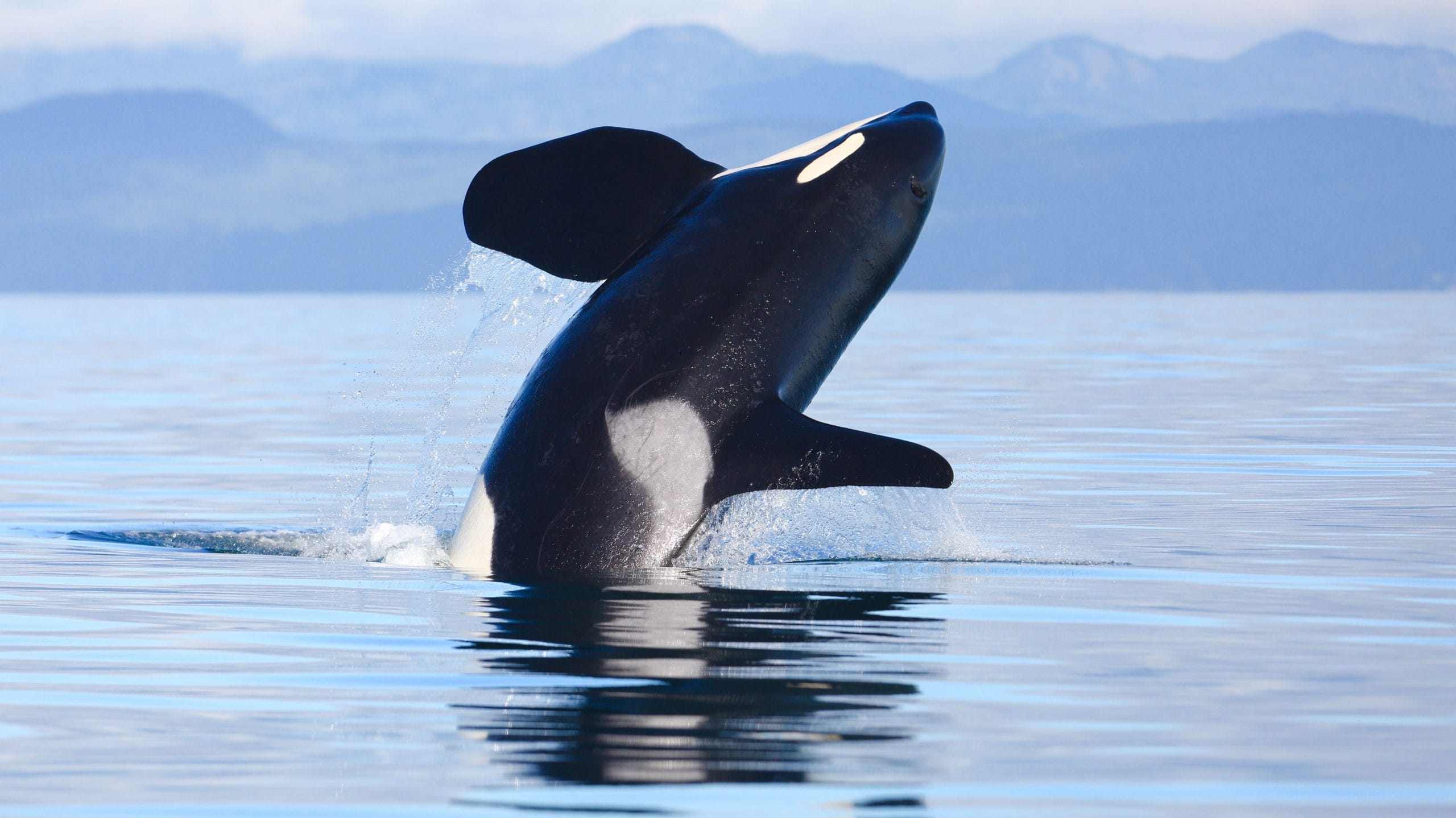Orcas Eating Moose: Fact or Fiction?
We all know orcas as “killer whales,” the ocean’s apex predators who feast on fish, seals, and even other whales. But what about moose? Believe it or not, there have been documented cases of orcas preying on moose!
While it might sound like something out of a movie, evidence suggests that these intelligent creatures occasionally add land mammals to their menu. Videos and eyewitness accounts have captured orcas chasing and catching moose swimming between islands or foraging in shallow water.
Unveiling the Truth: Can Orcas Really Eat Moose?
So, how often does this unlikely scenario actually occur? While not an everyday event, scientists have discovered moose remains in the stomachs of some orcas, indicating that these encounters, though uncommon, do result in moose becoming prey.
The likelihood of an orca actively chasing a moose through a forest is slim to none. Orcas are primarily marine creatures with a diet focused on marine life. So, how do these two creatures cross paths?
Opportunistic Feeding: The most plausible explanation is that orcas capitalize on unfortunate situations. A moose might accidentally drown while swimming, or its carcass could wash out to sea, presenting an easy meal for an opportunistic orca.
Climate Change and Shifting Territories: As climate change causes sea levels to rise and coastlines to change, orcas and moose may be encountering each other more frequently, leading to an increase in these unusual interactions.
Outperforming the Competition: Moose Predators & Killer Whales
When we picture predators of a massive moose, we often think of wolves and bears – and rightfully so. These land-based predators pose a significant threat to moose on their home turf. However, when these large herbivores venture into the water, a new apex predator emerges: the orca.
Moose, surprisingly, are quite good swimmers. Their environment often includes lakes and rivers, requiring them to navigate waterways. However, when swimming long distances or caught in strong currents, they become vulnerable. Orcas, with their size, intelligence, and strategic pack hunting techniques, can overwhelm even a massive moose weighing over a ton.
Do Orcas Have Predators? Unraveling the Myth of the Moose-Eating Killer Whale
The question of whether orcas have any predators is easily answered: they don’t. Orcas, as apex predators, sit comfortably at the top of their food chain. No other creature hunts them for dinner.
The notion of orcas regularly hunting moose is a misconception. While fascinating and worthy of scientific inquiry, these events are likely opportunistic, not indicative of a typical predator-prey relationship.
The biggest threat to these magnificent creatures isn’t lurking in the depths but rather stems from human activities. Pollution, habitat degradation, and overfishing all pose significant risks to orca populations worldwide.
Key Points:
- While orcas primarily feed on marine life, they have been observed hunting and eating moose.
- This phenomenon is most likely attributed to opportunistic feeding on moose that are swimming or whose carcasses have entered the water.
- The impact of climate change on orca and moose interactions is an area of ongoing research.
- Orcas remain apex predators, facing no natural predators in their environment.
- Human activities, such as pollution and habitat degradation, pose the most significant threat to orca populations.
Internal Links:
Understand the severity of lionitis disease and its impact on the ecosystem by clicking here. Discover the unique features of a leatherback turtle’s mouth by exploring here.
- Crypto Quotes’ Red Flags: Avoid Costly Mistakes - June 30, 2025
- Unlock Inspirational Crypto Quotes: Future Predictions - June 30, 2025
- Famous Bitcoin Quotes: A Deep Dive into Crypto’s History - June 30, 2025

















1 thought on “Orcas vs. Moose: A Deep Dive into the Shocking Phenomenon of Killer Whales Hunting Land Mammals”
Comments are closed.